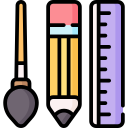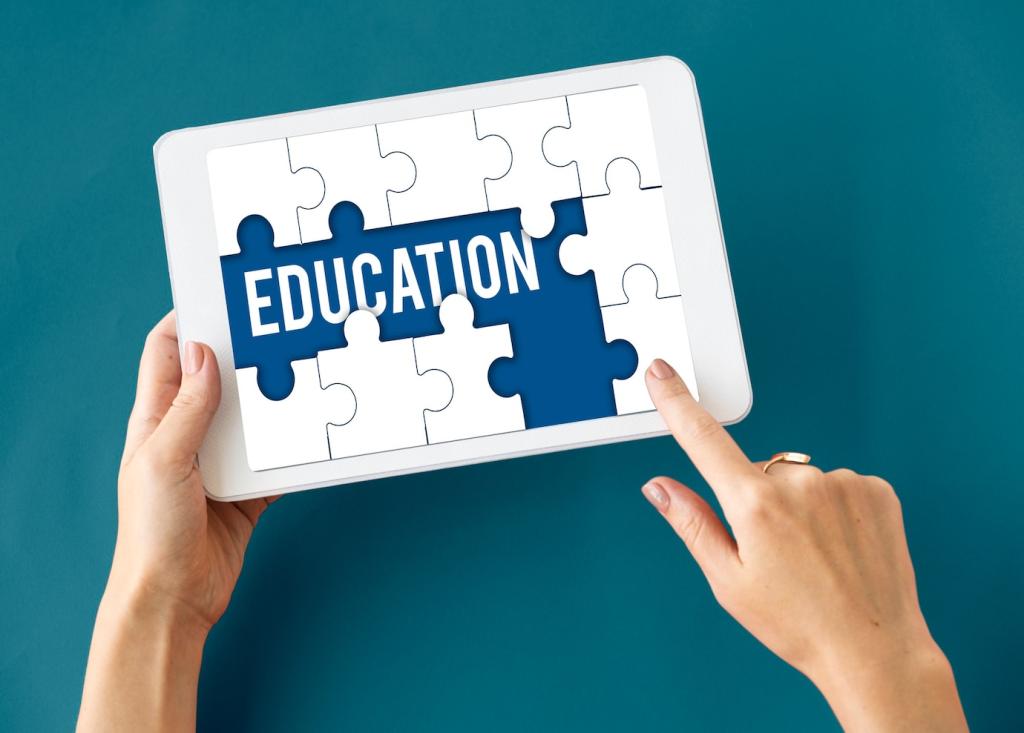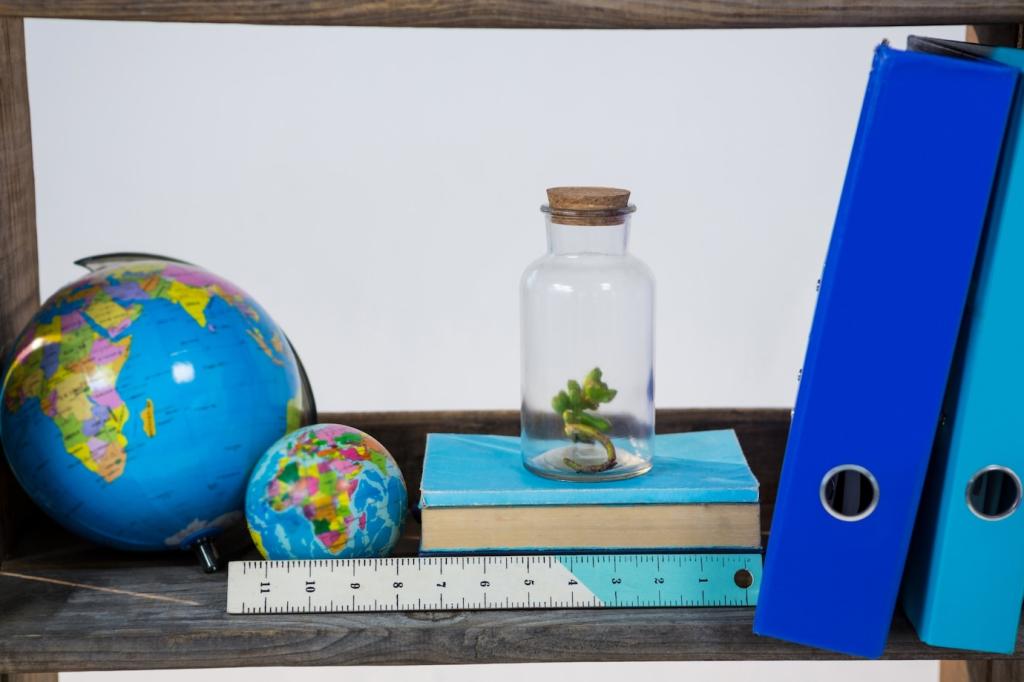Classroom Story: The Riverkeepers Project
Students first read short encyclopedia articles on river systems and runoff. Equipped with essential concepts, they designed data sheets for a stream walk. Because key terms were clear, observations were sharper and debates more focused. Would your students benefit from a pre-fieldwork reference primer?
Classroom Story: The Riverkeepers Project
We modeled paraphrasing by turning each paragraph into a question, then answering it in our own words. Citations captured article titles and update dates. The habit stuck; final posters blended student voice and accurate facts. Share your best paraphrasing mini-lesson for a chance to be highlighted.











